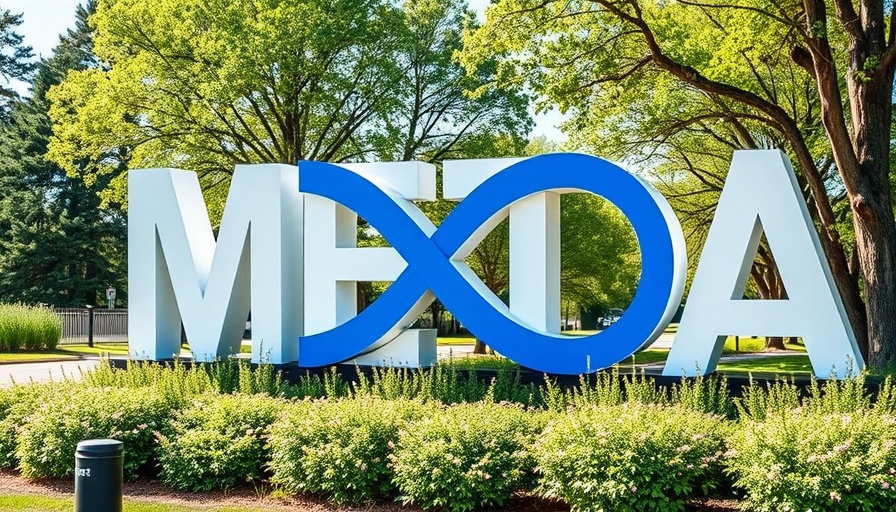
Meta’s Maverick AI: A Closer Look at Benchmarking Practices
In the ever-evolving world of artificial intelligence, Meta's recent unveiling of its flagship AI model, Maverick, has sparked discussions regarding the integrity of AI benchmarks. While Maverick has claimed the second rank in LM Arena, the nuances of how it performed in testing reveal potential pitfalls in how companies present their AI developments.
The Challenge of Benchmark Integrity
Critics are pointing out that the Maverick model evaluated on LM Arena is not exactly the same as the version accessible to developers. It’s been disclosed that the model tested was an 'experimental chat version' optimized for conversational contexts. This tailoring raises questions about the validity of performance metrics, as benchmarks should ideally reflect a model's capabilities across diverse scenarios.
The Significance of Transparency in AI
The discrepancies between the models bring to light the ongoing challenge of maintaining transparency in the AI industry. AI companies typically refrain from disclosing whether their models have been specifically adjusted to ace certain benchmarks. By introducing a 'vanilla' version widely available while promoting an enhanced model in a testing environment, the clarity of AI's actual performance diminishes.
The Vital Role of Reliable Benchmarks
Benchmarks, despite their limitations, serve as a crucial mechanism for understanding an AI model's strengths and weaknesses across tasks. The situation with Maverick and LM Arena illustrates the necessity for AI developers to create more reliable and representative benchmarks that offer a more accurate portrayal of model performance.
What This Means for Developers
For developers relying on these benchmarks for decision-making, understanding the differences in AI model versions is paramount. When experimenting with AI tools, they must be aware of potential discrepancies to ensure they’re obtaining the most effective solutions for their specific needs.
In conclusion, while Meta's Maverick shows promise, the conversation around accurate benchmarking continues. As AI matures, the industry must prioritize transparency and meaningful evaluations to empower developers and users alike. Engaging in these discussions allows us to hold AI companies accountable and ensure innovative advancements remain grounded in reality.
 Add Row
Add Row  Add
Add 




Write A Comment